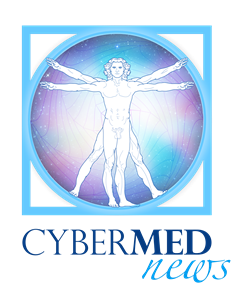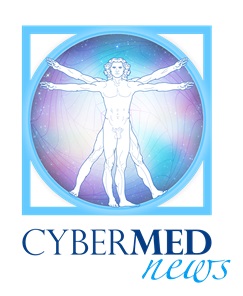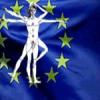 Share on Facebook
Share on Facebook
In this year's very special edition of International Women's Day – an occasion that celebrates women's achievements, from political to social, whilst continuing to call for gender equality and women's rights - I would like to remind people of one key prerequisite for meeting our aspirations: health.
The World Health Organisation defines health as a "state of complete physical, mental and social wellbeing and not merely the absence of disease infirmity". Health is for all, without discrimination. It is the obligation of each State to support the right to health, and to allocate adequate resources to health promotion and prevention, including the provision of regular screening for cancers for women.
Ensuring that women have access to health interventions is imperative for meeting the UN Sustainable Development Goal (SDG) 5 on gender equality, as equal access to healthcare can facilitate gender equality and the empowerment of women. Equal access to healthcare – including preventative care, also contributes to SDG 3, which focuses on healthy lives and promoting wellbeing for all at all ages. SDG 3 aims to reduce premature mortality from non-communicable diseases through prevention and treatment. Vaccination and screening for cancers in women, notably breast and cervical cancer, as well as colorectal cancer, are examples of how we can work towards achieving this goal.
I will never stop insisting on the importance of early diagnosis of these cancers and to promote regular screening for women, and vaccination against human papillomavirus (HPV) for our daughters.
Due to early detection and treatment, mortality rates have decreased for several cancers, notably breast cancer. For these, the focus is increasingly turning towards survivorship and rehabilitation. In addition, we now know more than ever before about how to reduce the risk of cancer. The latest edition of the European Code Against Cancer sets out 12 science-backed tips, for example, avoiding tobacco and alcohol, maintaining a healthy body weight, being physically active, screening for breast, bowel and cervical cancer and vaccinating against HPV to prevent cervical cancer.
Nonetheless, every year approximately 1.2 million women receive a cancer diagnosis, setting them on a frightening path of further tests, treatment, monitoring and rehabilitation. Breast is by far the most common cancer in women (30% of all diagnoses), followed by colorectal (13%), lung (8%) and cervical (5%). The 2003 Council Recommendation on cancer screening advises national, population-based screening programmes for three out of four of these cancers (breast, cervical and colorectal), along with other principles of best practice in the early detection of cancer.
Quality screening is vitally important as it gives patients the chance to receive timely and often life-saving treatment through early diagnosis. If detected at an earlier stage, cancer is often more responsive to less aggressive treatments. To support EU countries, the Commission has produced guidelines to assure quality screening of all three types of cancer, and regularly provides complementary recommendations, for example on the diagnosis of breast cancer.
Furthermore, the European Commission Initiative on Breast Cancer (ECIBC), coordinated by the Joint Research Centre provides concrete tools to help patients, health professionals and policy-makers in ensuring high quality screening and follow up. Under this initiative, the most up-to-date evidence-based recommendations on screening, diagnosis and care are being developed, with guidelines covering the whole patient cycle from cancer screening up to survivorship and palliative care. In this context, the Commission is also shaping the European Quality Assurance Scheme for breast cancer health services that will guarantee the most appropriate and updated procedures for breast cancer screening and care.
Last year, the Commission published a progress report on national screening programmes. It showed that since the adoption of the 2003 Council Recommendation, 25 EU countries have put in place screening programmes for breast cancer, 22 for cervical cancer and 20 for colorectal cancer screening. Moreover, nearly 25 million women aged 50-69 years were invited to mammography screening in the last reporting year.
I am committed to building on these positive developments to ensure that more women's cancers are either prevented, for example through HPV vaccination, or detected and treated early. Too many families - including my own, have been affected by cancer, with many of us having supported a loved one through diagnosis and treatment. With early detection, we greatly increase the odds of beating cancer. For women to reach their full potential, this is something worth striving for.



